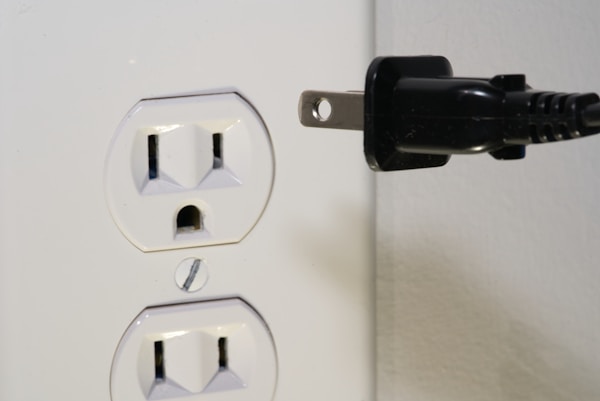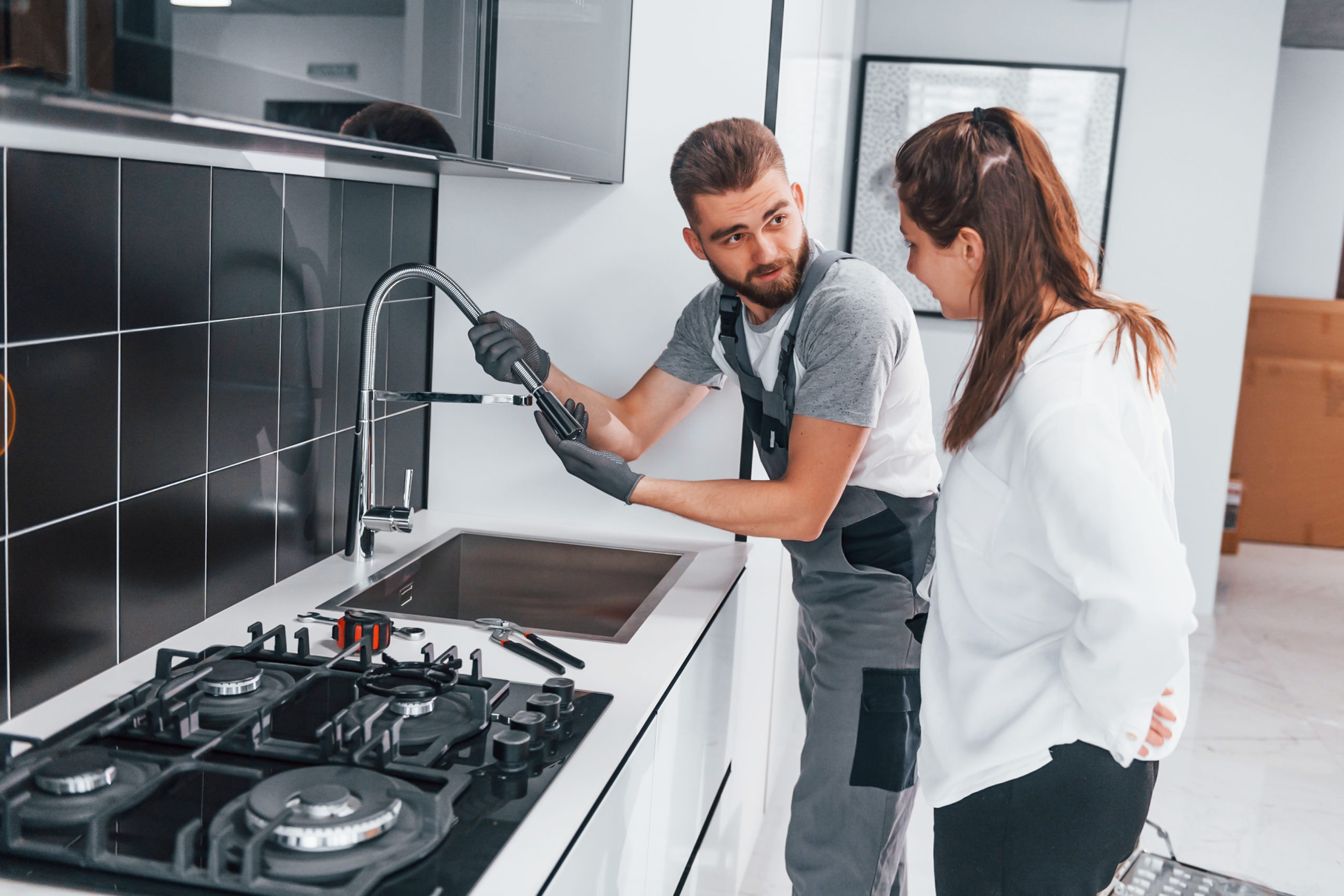Tips for Passing a Home Inspection
When you are looking to purchase a home, one of the most important aspects of the process is making sure the home passes a home inspection. A home inspector will check everything from the roof to the foundation and everything in between to make sure there are no major issues with the property. If there are any problems, they will be noted in the inspection report so that you can either negotiate with the seller to have them fixed before you buy or budget for them yourself after closing.
If you’re selling your home, a home inspection is equally important to have a better idea of what your home is worth and what you need to do to get it ready. While it may be nerve-wracking, there are ways to ensure a smooth process. Keep reading for tips on passing your home inspection.
Fix any major problems before the inspection.

One of the most important things to do when preparing for a home inspection is to fix any major problems that are certain to come up on the inspection report. This includes fixing broken windows, repairing leaks, and taking care of any other major issues. Major problems such as a cracked foundation or malfunctioning HVAC unit will create large red flags for your inspector.
Additionally, you’ll want to pay attention to the outside of your home. Broken and damaged siding could indicate an issue with water or pest damage to the outside walls of the house. Be sure to pay attention to your siding and get a contractor who specializes in vinyl siding to repair any issues. You can improve your chances of passing the home inspection by fixing these problems.
Additionally, it is important to make sure that all of your documentation is in order. This includes warranties for appliances and fixtures as well as receipts for recent repairs. By being organized and prepared, you can make the home inspection process much smoother.
Take care of any safety issues.

A home inspection will check the soundness and safety of the structure and property. Things like uneven sidewalks, damaged electrical outlets, water leaks, and damaged ceilings could create safety issues around the house. The home inspector will note these issues, so it is best to take care of them before the inspection.
Additionally, if there are any problems that could cause environmental or health issues outside of the home, you’ll need to correct those as well. For example, an abandoned or out-of-service oil tank can leak fuel into surrounding soil or property and cause an extremely hazardous situation. These tanks have to be removed carefully and quickly by experienced and licensed professionals. You’ll need professional tank removal services to help remedy this problem.
Be prepared to answer any questions.
Be prepared to answer any questions the inspector may have about your home. The inspector is there to help you understand the condition of your home and point out any issues that need to be addressed. If you are not sure how to answer a question, ask the inspector for clarification.
Be present during the entire inspection.
When you are buying or selling a home, it is important to have a home inspection. The home inspector will look for any defects in the property that could affect your decision to buy or sell. It is important to be present during the entire inspection so that you can ask questions and learn about the property. You can also get an idea of how much repairs might cost.
A home inspection is an important part of the home buying and selling process. It is a visual inspection of the property to identify any potential problems that may need to be addressed before you purchase the home. Some key things to remember are to make any necessary repairs and ensure that there are no safety issues around the house. By taking action and following these tips, you can be sure to pass your home inspection with flying colors!



